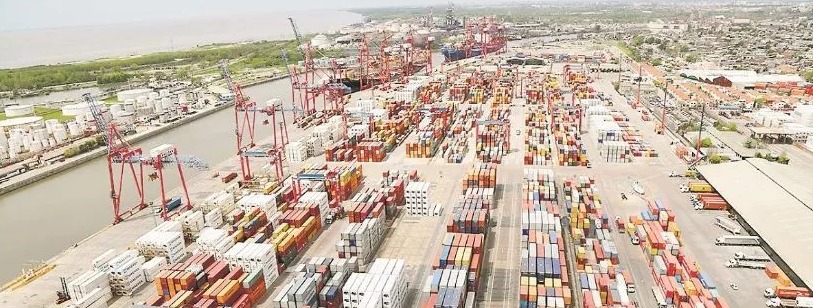
The supply chain for priority products is at stake. It is key to safeguard the economic viability of the business fabric of foreign trade. To this end, the World Customs Organization (WCO) approved measures presented by the Private Sector Advisory Group (GCSP). One of them requests that “governments suspend licensing requirements and consider the complete tariff exemption for priority items to face Covid-19, in order to speed up their authorization and avoid interruptions in supply chains (export, transit and import) due to the different definitions ”.
In the case of consolidated shipments, the GCSP recommends avoiding physical inspections if it is to determine that the goods are really essential.
All other shipments are also requested to be dispatched promptly following key principles such as waiving charges for storage of goods not dispatched on time or retained. Promote the use of coordinated border management. Review any penalties applied in the current context and eliminate minor ones to avoid delays at the border and vehicle retention in ports for long periods of time. Provide clarity for the return of goods when the goods cannot be delivered. Streamline OAS processing, when useful, and the implementation of virtual processes.
It is also advisable to remove the restrictions of the containers.
“Due to restrictions on the movement to of non-essential goods containers, the number of empty containers available for exports of essential goods decreases. If this continues, sooner or later, all trade in this type of traffic will stop, due to the unavailability of containers ”, stand out from the GCSP.
In order to improve the cash flow for small and medium-sized companies, the OMA proposes, among other measures, the exemption, reduction or postponement of additional days for the payment of customs duties, taxes and fees, as well as other customs debts. Grant financial relief measures, such as reducing or eliminating the fees for import licenses required under other regulations. Suspend periodic customs audits or inspections during 2020 for companies with no history of default and waive late fees for interest charges.
“The WCO, within the best practices for its members, developed a report on what Customs can do to mitigate the effects of the COVID-19 pandemic. It indicated the facilitation of the movement of goods, maintaining the continuity of the supply chain and the protection of personnel and the private sector, including customs service auxiliaries. The OMA GCSP is made up of 27 members, including two organizations representing customs brokers such as ASAPRA and IFCBA. The GCSP produced a document defined as “Ideas for the WCO and its Members” setting out observations, priorities and principles that should be considered at this extraordinary time. It is important to mention that the Argentine Customs Cleaners Center (CDA) presented documents related to the WTO Trade Facilitation Agreement and to the Analysis Group of the Revised Kyoto Convention at the WCO, ”he told Transport & Cargo. Oscar Horacio Dhers, customs broker and CDA advisor.
Source:
https://www.cronista.com/transportycargo/Llamado-global-para-flexibilizar-aduanas-20200428-0074.html